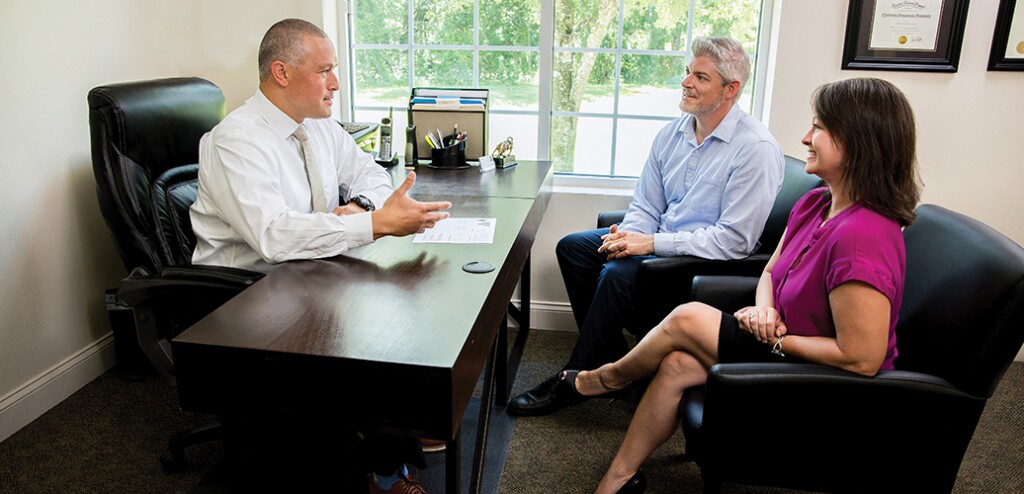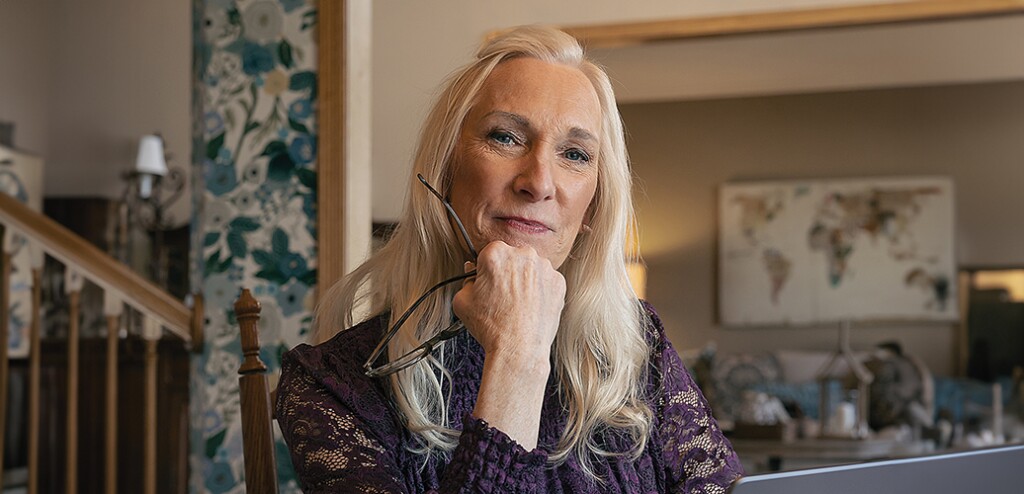No matter how you plan to share your legacy, the proper estate documents can help to express your values clearly and make them known to others. But in some ways,
In most cases, when two people are married and one passes away, the assets will transfer to the surviving spouse. But life doesn't always unfold so simply. Weighing these considerations can help you plan with confidence.
Why childless couples should designate and update beneficiaries
Assets without named beneficiaries can fall into a lengthy and costly probate process, which can potentially drain inheritances. If the court can't locate a natural heir such as a child, your money and property may end up going to the state. Assets with beneficiaries bypass the probate process entirely.
Many accounts ask you to
With accounts where you've named a beneficiary, the assets often can pass directly to that person outside of a probate process so they receive them more quickly. Periodically review your accounts to make sure your beneficiary designations reflect your current desires.
Why childless couples especially need a will
Any assets that do not or cannot have beneficiaries will have to go through the probate process. The probate court will learn of your wishes through a will, which is particularly important if you don't have adult children or other close relatives to speak for you. Without a will, a probate court may end up deciding how to issue your possessions. The courts would prioritize justice, but they may not understand who or what was most important in your life. Each state has their specific laws they follow. Be sure to verify your state's process.
If you want your money left to your church, a charity, a relative or a close friend who isn't your spouse, then your will is the document to make those wishes known. As a couple, you also may want to consider that the two of you could pass away at the same time. A will can outline what you want to happen in that event or other potential scenarios.
Why couples without kids need to choose an executor
If you don't name an executor—the person who will be in charge of handling your estate—the court will have to appoint one, and that person may not know or share your values. You can avoid this by selecting an executor in your will ahead of time. It's an important job for someone who should care about your legacy as much as you do. When you pass away, the executor ensures your will and any other paperwork is filed with the appropriate court before beginning the process of identifying your creditors, settling accounts and transferring assets.
You can name anyone you trust to
Why it's crucial to grant power of attorney to someone you trust
If you become unable to make decisions for yourself, state law normally looks first to your spouse or adult children to step in. But when these options aren't available, it will be up to the court to find someone. A power of attorney removes the uncertainty of who that might be.
Granting a power of attorney allows the person you choose to make important decisions for you if you physically can't. It can be hard to think about, but it's possible to become intellectually incapacitated at some point, whether it's through natural aging, illness or injury. An accident may leave you temporarily unconscious, or you may develop a permanent condition. In such vulnerable times, putting a designated person you trust in charge can help to avoid mistakes on last wishes and heirship.
This document can take a few different shapes depending on how much authority you want to grant and how long you want it to last. A general power of attorney is the most comprehensive. It can allow someone to make most decisions for you, including managing finances, buying and selling property and handling legal affairs. A limited power of attorney is less broad. It applies only to the matters mentioned in the document and ordinarily only for a specified time period.
In addition, a power of attorney can be nondurable—where the person's authority ends if you become incapacitated. Or is can be durable—where the person's authority lasts even if you become incapacitated. In terms of estate planning with no heirs, durable is likely the kind you'd consider.
Why a childless couple needs an advanced care directive
A general power of attorney alone normally doesn't allow someone to make healthcare decisions on your behalf. For that, you would want to consider an advanced care directive—specifically, a medical power of attorney or a living will. These documents are meant to outline your healthcare preferences and grant a confidant the ability to make medical decisions, including end-of-life decisions, if you aren't able to yourself.
How couples without kids can get ahead on long-term care planning
Families often look to younger generations to take care of their elders as they get older. But if you're planning your estate without kids, you need to have a formal plan in place to help ensure you get the help you need. And the odds are high that you'll need help at some point. People who reach age 65 have a nearly
It's wise to feel out in advance if home-based care might be provided by other relatives or healthcare professionals, such as nurses, care aides or therapists. Or you may look into special facilities designed around elder care, such as assisted living facilities, nursing homes or retirement communities.
However you envision your long-term care needs, the costs can vary considerably. Consider this example from
A financial advisor can help
Whether you have children or not, estate planning is a vital component of a complete financial strategy. It also can offer reassurance, knowing all you worked for will end up with the people and communities you care about most. Our







